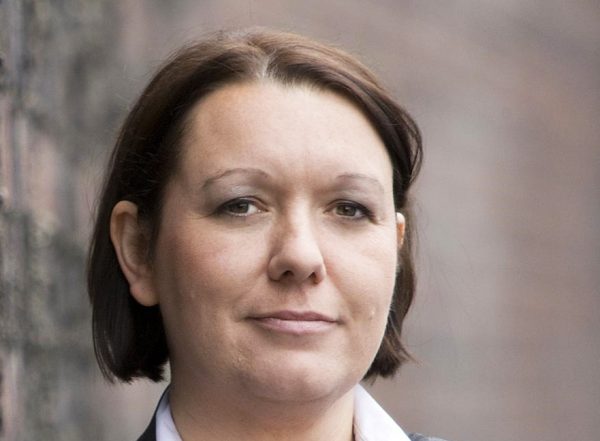
WHEN a crisis emerges the communication response is ‘we have got this under control’ quickly followed by ‘we are doing a good job’, writes Amanda Coleman, author and director of Amanda Coleman Communications Ltd. All of that is fine if that is actually the case but increasingly statements are being made regardless of whether they are backed by the facts. The ethical dilemmas that all PR and communication professionals face are intensified when they are making decisions about what to say about a crisis, emergency or disaster.
Continue reading or listen here:
At the heart of communication at a time of crisis is the need for honesty and to ensure what you say and what you do are the same. Dealing with a crisis should be an uncomfortable time for any organisation or business. If you aren’t feeling the heat and you aren’t affected by what you are dealing with then you are probably missing something. Being honest about what has happened and accepting responsibility are not easy particularly for leaders whose future may be in jeopardy.
It puts communication professionals in a challenging position. They need to speak truth to have power and have a responsibility to question the approach that those at the top may be asking them to take. This is something that we should be doing throughout our careers, but it is a critical element of crisis communication. Ethics should be central to crisis communication plans, approaches that are taken and statements that are made.
For many communicators there are additional ethical considerations. Those in health services have the Freedom to Speak Up and the Duty of Candour to consider. Those in police communication have the Code of Ethics to work within. And there have been continued discussions about extending these responsibilities across all public services particularly following crises in health, housing and policing.
Responding to a crisis is incredibly challenging in a world where fake news is prevalent. The approach where you may be wanting to clarify a situation can be one step away from accusations of gaslighting. The development of an approach and position can become an attempt to manipulate and encourage others to question their views. You may believe you are protecting the reputation of the business or organisation, but you could be dismissing views, gaslighting or distracting people. Crisis communication should be based on an attempt to limit the impact of the situation on people and focused on helping those affected. If the approach is just to protect the reputation it will compromise decision making and lead to actions that will quickly be questioned.
These are not easy situations to manage. The business will be asking you to help ensure it survives the situation and to present things in a way that will support that. But in that presentation, you may become ethically compromised. Communicating effectively during a crisis is now more challenging than at any point in the past. It is not just the technology that everybody can use, or the trust deficit that is evident post-pandemic but the ethical dilemmas that we are confronted with.
Here are five tips for how to build ethics into your crisis communication response:
1. Ensure that your crisis communication framework, plan and policies are founded on helping people through the situation that emerges. The aim should be to limit the impact on people rather than to protect the reputation of the business.
2. Establish clear and agreed principles for the way you will approach communication at a time of crisis. These principles should include honesty, integrity and transparency. Where possible link these to the organisation’s values as well.
3. Test your crisis response beyond the initial actions. Create a scenario that will challenge your ethical approach and decision-making. It is better to discuss the situation in the safety of a training room than when you are in the middle of a crisis.
4. Find ways to develop your crisis communication based on what people are saying about the situation and how they feel about it. Consultation and engagement in some form is critical and ensures that you are really listening to what people are saying and feeling.
5. Ethics is not just for the first day of a crisis but for every day both during the crisis and into recovery. In fact, ethics should be part of our day-to-day considerations at work, so it is no different when we are dealing with a crisis.
The responsibility for ensuring ethical communication is at the heart of crisis communication is with us. We are the ones who can question what we are being asked to do, and that can explain the implications of a lack of honesty. We need to be able to influence, and to use case studies that support our advice. It will feel uncomfortable, and it should feel uncomfortable if we are going to ensure we have ethical crisis communication.
Amanda Coleman is an author and director of Amanda Coleman Communications Ltd.
© 2024 Strategic. Registered in Ireland: 659272